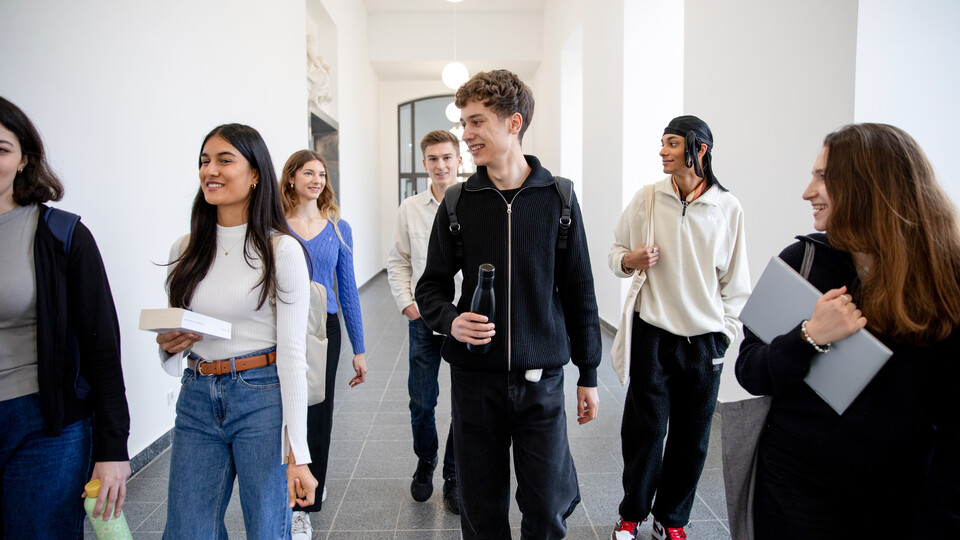CUPESSE EU-Project

The aim is to identify the causes and consequences of the problem across national borders and to propose countermeasures. The ifm Mannheim is contributing its expertise in researching self-employment to the project consortium.
As part of the CUPESSE project, young researchers are working together with established researchers from various academic disciplines (political science, psychology, sociology, statistics and economics) and ten member states and countries associated with the EU to investigate the determinants of economic self-sufficiency and entrepreneurship among young Europeans.
CUPESSE will conduct comprehensive cross-national, cross-generational and cross-contextual surveys. The surveys are aimed at women and men between the ages of 18 and 35, but also include their family and social environment in order to prove correlations and map long-term developments. Particular attention is paid to the norms and values that are passed on to young people in families across generations and in different cultural contexts.
According to the researchers, these factors influence whether young people are successful in their pursuit of economic independence. For example, those who grow up in an environment characterized by unemployment are likely to have a harder time on the job market or as business founders. CUPESSE aims to help ensure that the rampant youth unemployment in parts of Europe does not lead to long-term and intergenerational dependence on the social systems.
Constant exchange with representatives from politics, business and society
In order to ensure an exchange with politics, business and society, CUPESSE is supported by an international scientific advisory board as well as a practical committee. In addition to politicians, it also includes company representatives, trade unionists and representatives of the chambers of crafts in several European countries.
International cooperation
In addition to German scientists, experts from Austria, the Czech Republic, Denmark, Hungary, Italy, Spain, Switzerland, Turkey and the UK are also involved in the research project, which has the abbreviated name CUPESSE after the English title “Cultural Pathways to Economic Self-Sufficiency and Entrepreneurship: Family Values and Youth Unemployment in Europe”. The project team includes political scientists as well as sociologists, economists, statisticians and psychologists. This is the first project of this size within the 7th EU Framework Research Program to be coordinated by a German institution.